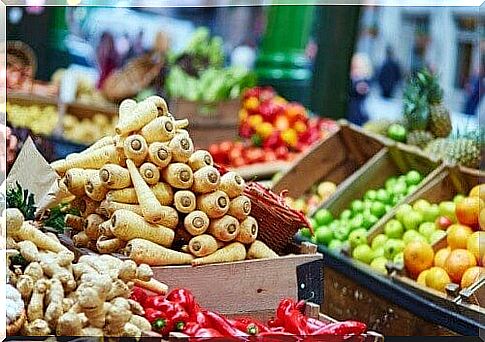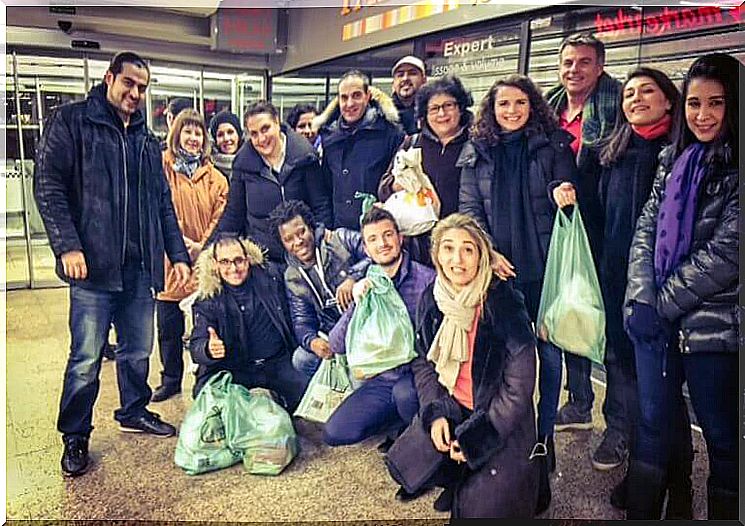Supermarkets Banned From Throwing Away Food Scraps

All in all, food scraps are a very controversial topic. For example, it is estimated that more than 1.3 million tons of food is thrown away every year. At the same time, people still die every day from malnutrition or starvation.
For years people have been trying in all kinds of ways to reduce this amount. However, the results of various studies indicate that this is not possible. After all, we still throw away significant amounts of food every year.
In the meantime, too much ends up in the waste
The main criticism against major distributors is that much of the food they produce ends up in the waste bin. Instead of in the hands of people who need it most.
For this reason, 35-year-old Arash Derambarsh made a proposal last year. He drafted a law that prevents supermarkets from throwing away the food that is not sold.
The solution
The idea that Arash put forward is:
- Companies must donate the food they are left with to charities and food banks.
- Thus, it can be distributed among the people who would benefit greatly from it.
Consumers and activists committed to the fight against poverty supported a major campaign. After that, this bill was passed by the French Senate, benefiting thousands of homeless people.
France, the first country in the world to ban food scraps

This decision made France the first country in the world to stop supermarkets from wasting food.
- Companies that are more than 400 square meters in size are required to sign contracts of donation with charitable organizations.
- If they do not do this, they will be fined with a fine of up to 75,000 euros and two years in prison.
Among other things, this was very good news for the promoters of charitable organizations. Because this will ensure that they can distribute different food of good quality.
Jacques Bailet, director of the French food banks, expressed his hope that this law will ensure more green, fruit and meat donations. This is what is most needed.
A task for non-profit organizations
The registered charities and food banks are responsible for collecting and preserving the food. Finally, they hope that more volunteers will sign up to better manage this new influx of food.
This law will also ensure that supermarkets that deliberately make food inedible will be punished for this. More and more supermarkets started destroying their leftover food on purpose to prevent people from digging in their garbage and eating the food from the containers.
To illustrate, the demand for this food is high
Unfortunately, the number of families, students and the unemployed looking for food that is just past its expiry date in containers has increased in recent years.
Many companies spray the food with bleach before throwing it away. Supposedly to prevent people from getting food poisoning from consuming the food in these kinds of circumstances. Other stores collect the leftover food in their warehouse, where it is collected by the garbage truck.
The next challenge for charities

This initial success is prompting charities to prepare for the challenges this change in the law creates for them.
- First, they are looking for more volunteers. Volunteers willing to help them maintain and distribute the food.
- Second, they will need more trucks, storage areas and refrigerators to properly receive and store the increased amount of donations.
In addition, they also want to convince the EU to introduce a similar solution in the other Member States.
Some numbers
In France, 11 percent of food waste came from supermarkets, 67 percent from consumers and 15 percent from restaurants.
The people supporting this initiative realize that there is still a lot of work to be done. However, they are aware that with this enactment of the law, one of the most important steps has been taken towards a conscious and more sustainable society.
Bailet assures that if food donations increase by 15 percent thanks to supermarkets, this will be enough to fill ten million more plates a year.
The long-term goal
The longer-term goal is to ensure that other countries enact similar laws. In this way we reduce the amount of food we throw away every year. But above all, we make sure that this food ends up in the hands of people who really need it.









